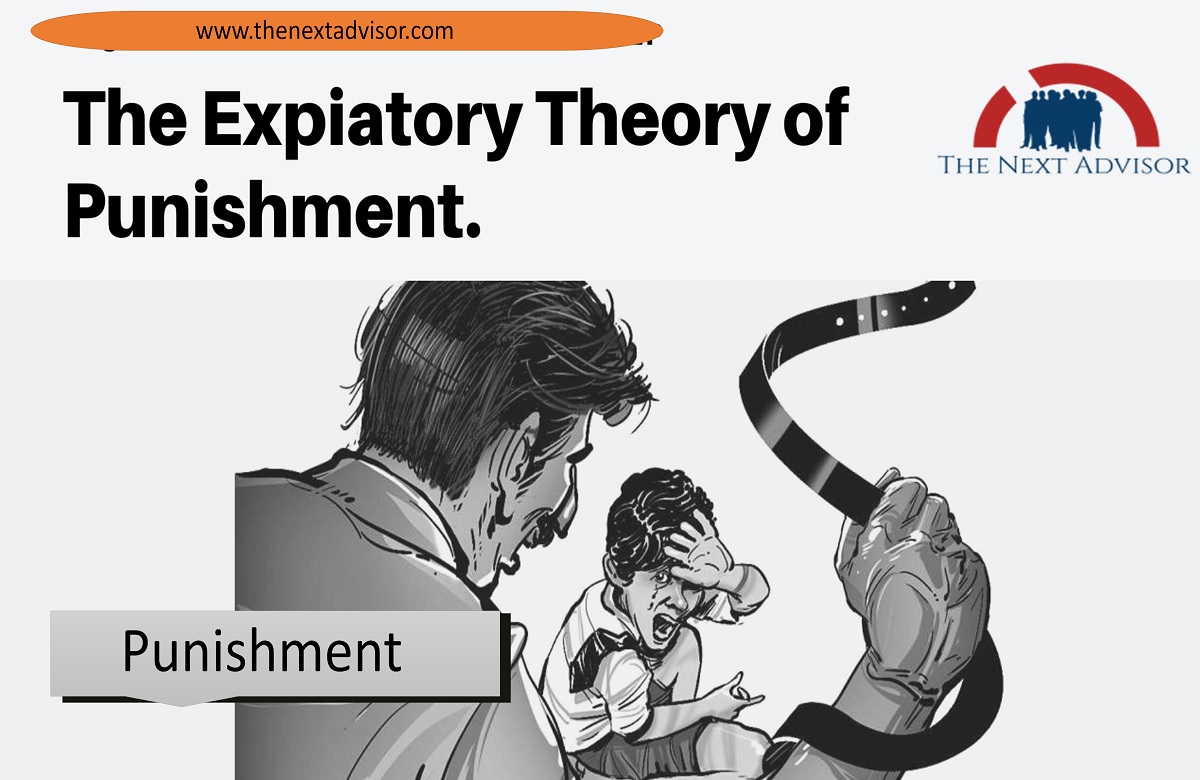Menu Says: Expiatory Theory of Punishment
Who says that men who are guilty of a crime when condemned by the kind because pire and go to heaven in the same way as good as virtuous men go, ” Expiatory Theory of Punishment ”
- Punishment should be to adjust the suffering to the sin.
- The offender was purified by beating.
- Purification is not of the individual; one but rather entire humanity.
- Suffering must be equal to guilt.
but practically it’s very difficult.
For one it amounts to torture and for others, it may amount to child’s play.
expiatory Theory Of Punishment.
See, whatever someone commits a crime, different types of punishment are given to prevent the offender, in which the person who once committed the crime is not able to commit the crime again, should he be punished with a price private or put in jail it’s okay to give, overall we have to improve that.
So we have to give him opportunities to change himself. All the principles of our country depend on one thing, that is, the reformist principle of Dalit, but there is one more principle that is thought in our IPC. ” Expiatory Theory of Punishment.
Secondly, if a person is put in solitary confinement, he may become insane during that time. So psychology says that if a person is put in isolation, one of two things will become intelligent or he will go mad possibility is more is to become mad.
Our IPC section 44 states that solitary confinement for an individual shall not exceed 14 days. Expiatory Theory . . Theorist of this theory say that the object of the punishment is self-realization. . If the offender after committing the offense realizes & feel guilt then he must be forgiven. Manu Smrithi -Prayshita.The wexpiatorytheory was based on moral principles that had little to do with law or legal concepts. This theory is more related to ancient religious perceptions regarding crime and punishment when prisoners were placed in isolated cells to repent or prisoners were placed in isolated cells to repent or expiate for three crimes or guilt from the core of their heart hearts and resolve to shin crimes. It was believed that anyone who sincerely repents for his misdeeds or crimes, deserves to be forgiven and let off. The ancient Hindu law commentator menu was a great admirer of expiation as a form of punishment for the rehabilitation of criminals in society.
The expiratory theory, being based on ethical considerations, has lost its relevance in the modern system of punishment. In the present age of materialism and declining moral values. Expiration can hardly be effective in bringing about a change in the criminal mentality of offenders and therefore, expiatory theory as a punishment is not suited in the present context of rationalization penal policies but not it has come with broader aspects with the different retributive concept in tortious liability and some penal provision of Indian Criminal justice as in compoundable offense reference section 320 of criminal procedure code.

























